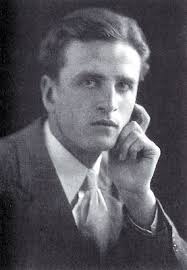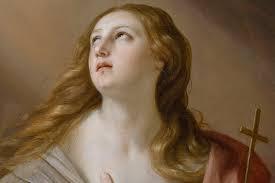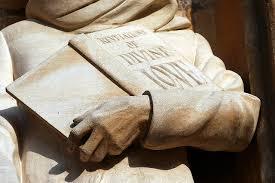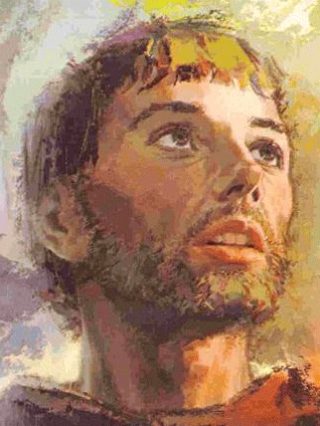Beatitudes Parables
The Sermon on the Mount – That’s all very well but in the real world …
Let’s be honest, once we get over the fact that Jesus was not just a kind man reminding us all to ‘be nice’ to each other we might admit that the gospel message is a bit of a hard sell. Perhaps that is why G.K. Chesterton, English author of the popular Father Brown Novels of the last century once remarked:
Christianity has not been tried and found wanting. It has been found difficult and not tried.

In a previous article it was suggested by Christian mystic Cynthia Bourgeault, that our regular common sense approach to reading scripture does not allow us to really understand what Jesus is getting at in many of his teachings. Unless we put on ‘the mind of Christ’, which is a type of non-dual or unitive consciousness we will frequently miss the point. Bourgeault remarks that, while the Beatitudes from the Sermon on the Mount are seen as key to the Christian message by theologians, there is a surprising lack of commentary about them in theological writing. Could this be because the logic of ordinary mind finds them hard to grasp? Here is a small flavour of Bourgeault’s take on some of the Beatitudes applying unitive consciousness, which can only develop out of prayer and reflection:
Blessed are the poor in spirit
… Translation: If we are too full of our own importance we will lack the receptivity and openness needed to enter into the larger mind and hear the promptings of the Holy Spirit.
Blessed are those who mourn
… Translation: When we experience loss and deep heartache we can experience directly the depths of divine compassion.
Blessed are the meek
… Translation: Blessed are those who are gentle having tamed the wild animal energies, the passions and compulsions within themselves.
Blessed are the pure in heart
… Translation: Jesus is not particularly talking here about sexual abstinence but rather about cleansing the lens of perception i.e. having an undivided heart which desires one thing only.
See The Wisdom Jesus pp 42 and following
Three Parables We Think We Know Already
Bourgeault’s method of scriptural interpretation arises from a rejection of what she calls the ‘egoic operating system’ the awareness that we hold when we feel separate from everybody else and which is caught up in status and competitiveness. There is another system she claims, called the Unitive System and this is governed by the heart, which for centuries has been regarded as an organ of spiritual perception. The chief characteristic of the heart is to perceive what is true by means of harmony. Jesus’ mission according to Bourgealult, is to move people beyond ‘egoic mind’ into the larger unitive mind or God consciousness, by way of the heart.
Take the parable of The Good Samaritan as an example, which often gets presented as an exhortation to be kind to others, which of course at one level it is.
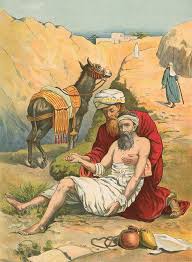
Remember however, that in the time of Jesus Samaritans were despised by the Jews so it is rather surprising that Jesus chooses one as the hero of the story. Bourgeault suggests that Jesus is really putting it up to us about who and what we thing is good and bad. Perhaps, if Jesus was teaching this parable today in Ireland the hero might be a member of the Travelling Community or a drug user.
The Prodigal Son is a parable about the mercy of God and how we should try to be forgiving, right? Yes, fair enough. But Bourgealt reminds us of the son that was loyal to the father and did the decent thing over the years. By the end of the story we learn that he is full of resentment towards both his father and his brother. Haven’t a lot of us seen this kind of dynamic working out in our own families and local communities? Bourgeault suggests that Jesus is asking us to look closely at that part in each of us that insists on keeping the score, that can’t let go into generosity and blessedness.
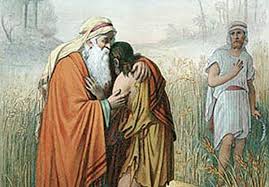
Finally, there is the strange tale of The Wise and Foolish Bridesmaids who are awaiting the arrival of the groom. The wise ones have oil for their lamps and of course the foolish ones have forgotten to bring any. Late in the night when it is announced that the groom has suddenly arrived, the foolish young women beg their wiser counterparts for some oil for their lamps. Now wouldn’t you think that in a spirit of Christian charity they would be happy to share out some of their oil with the young women who were caught unprepared? Not so it seems, and the groom wouldn’t even allow them to attend the wedding feast claiming “I don’t know you”. We might be forgiven for scratching our heads as to why Jesus would tell such a tale.
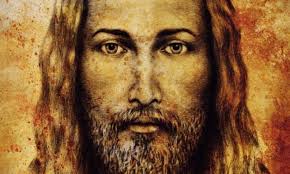
Operating out of unitive mind however, which is heart centred Bougeault explains: the oil symbolizes something that has to be individually created in you through your own conscious striving. Nobody can give it to you. The oil stands for the quality of your transformed consciousness or the depth of your spiritual practice (The Wisdom Jesus p. 52). Perhaps we can see then that Jesus’ use of parables is intended to turn the egoic mind upside down and push us into new ways of seeing.

